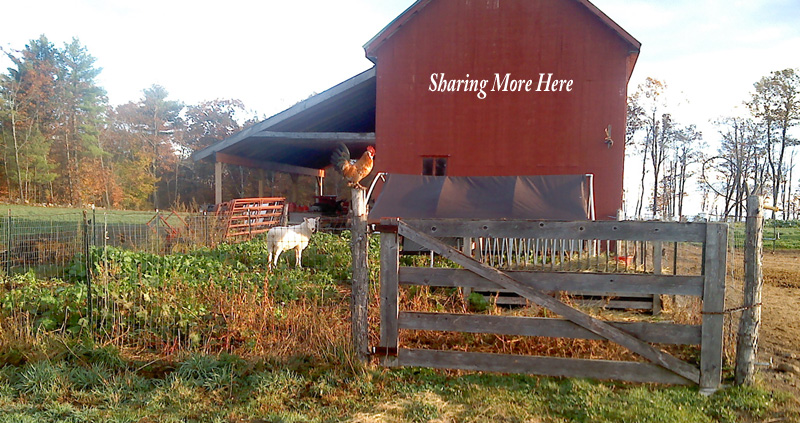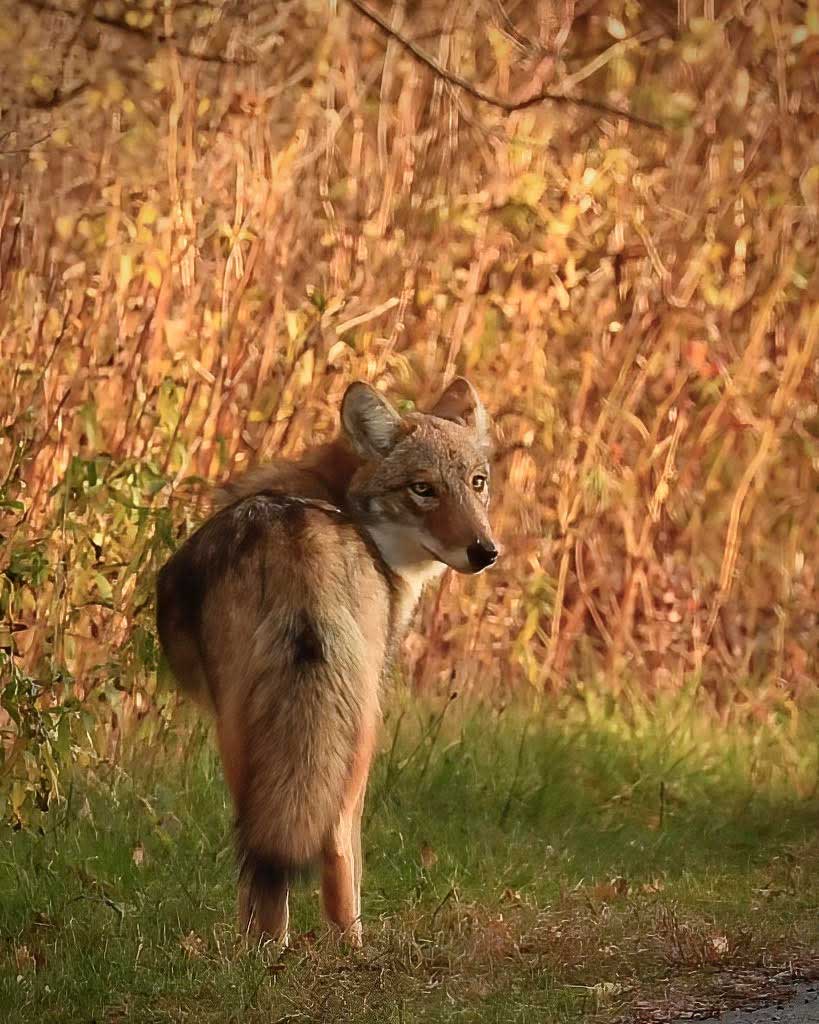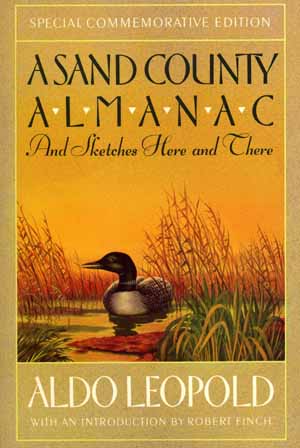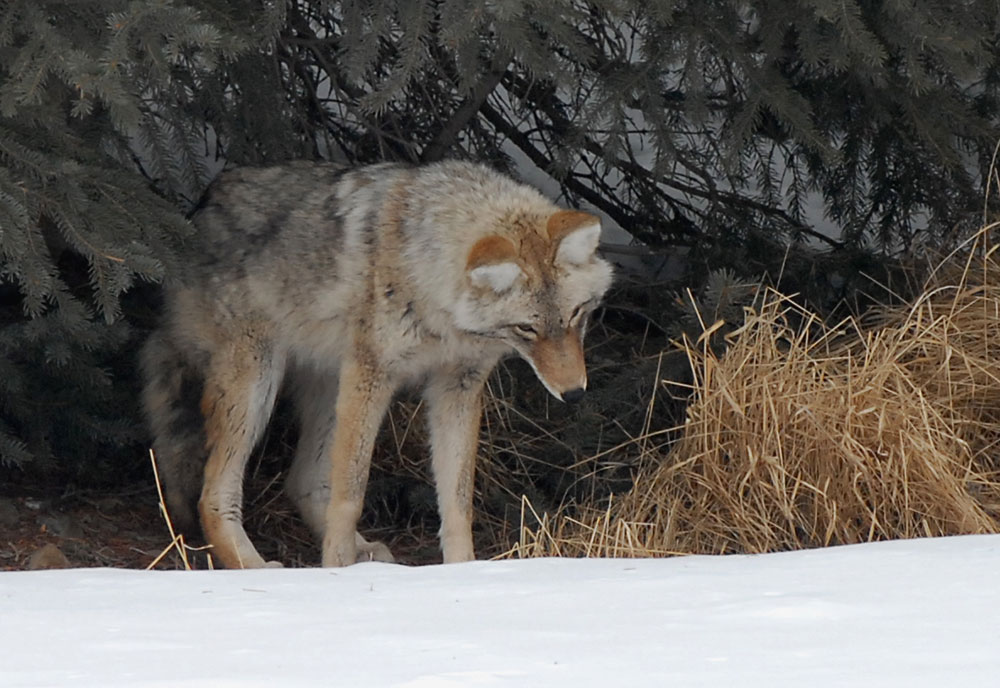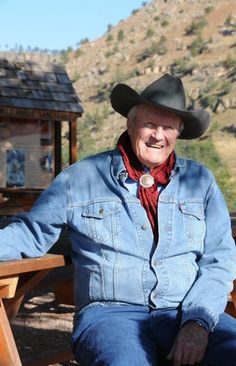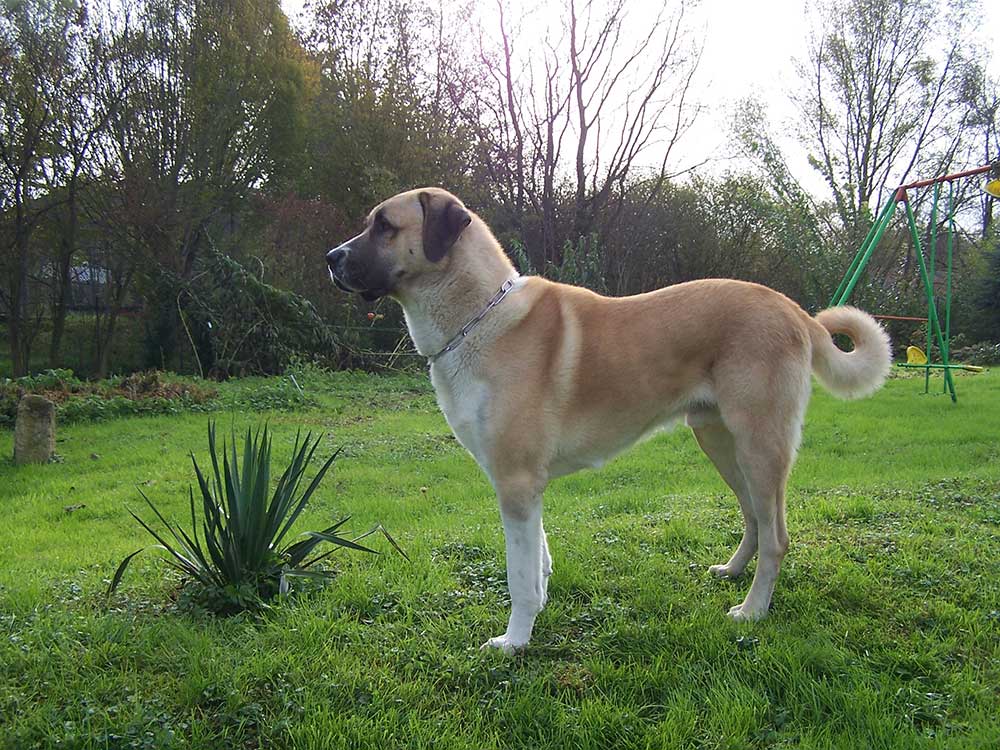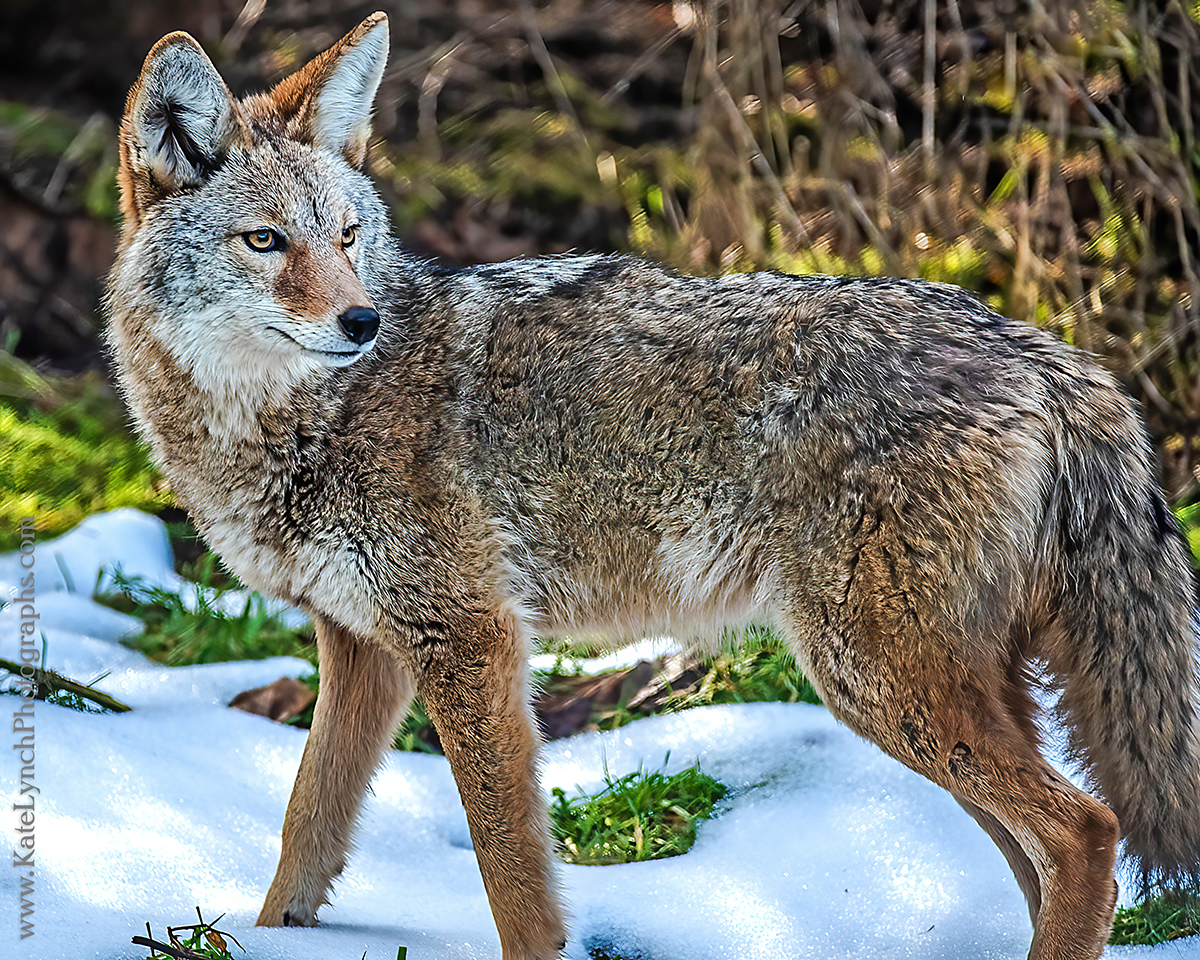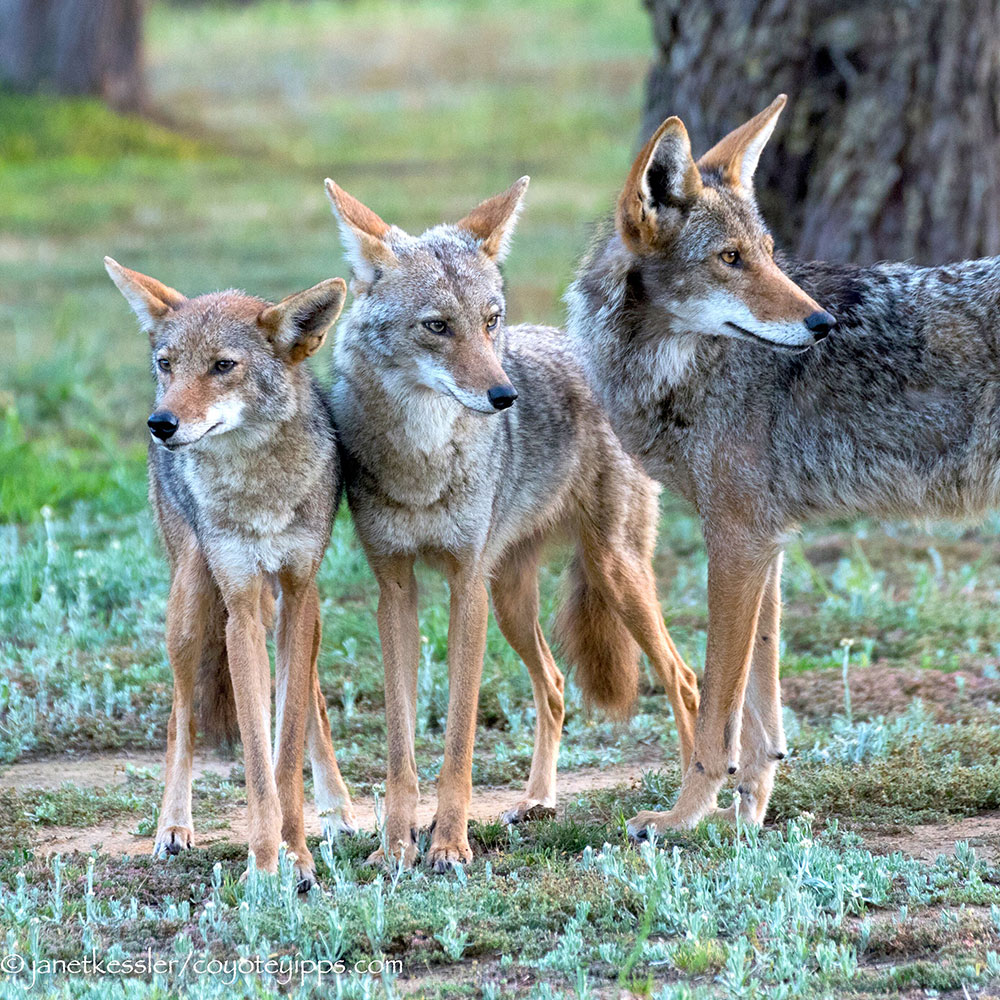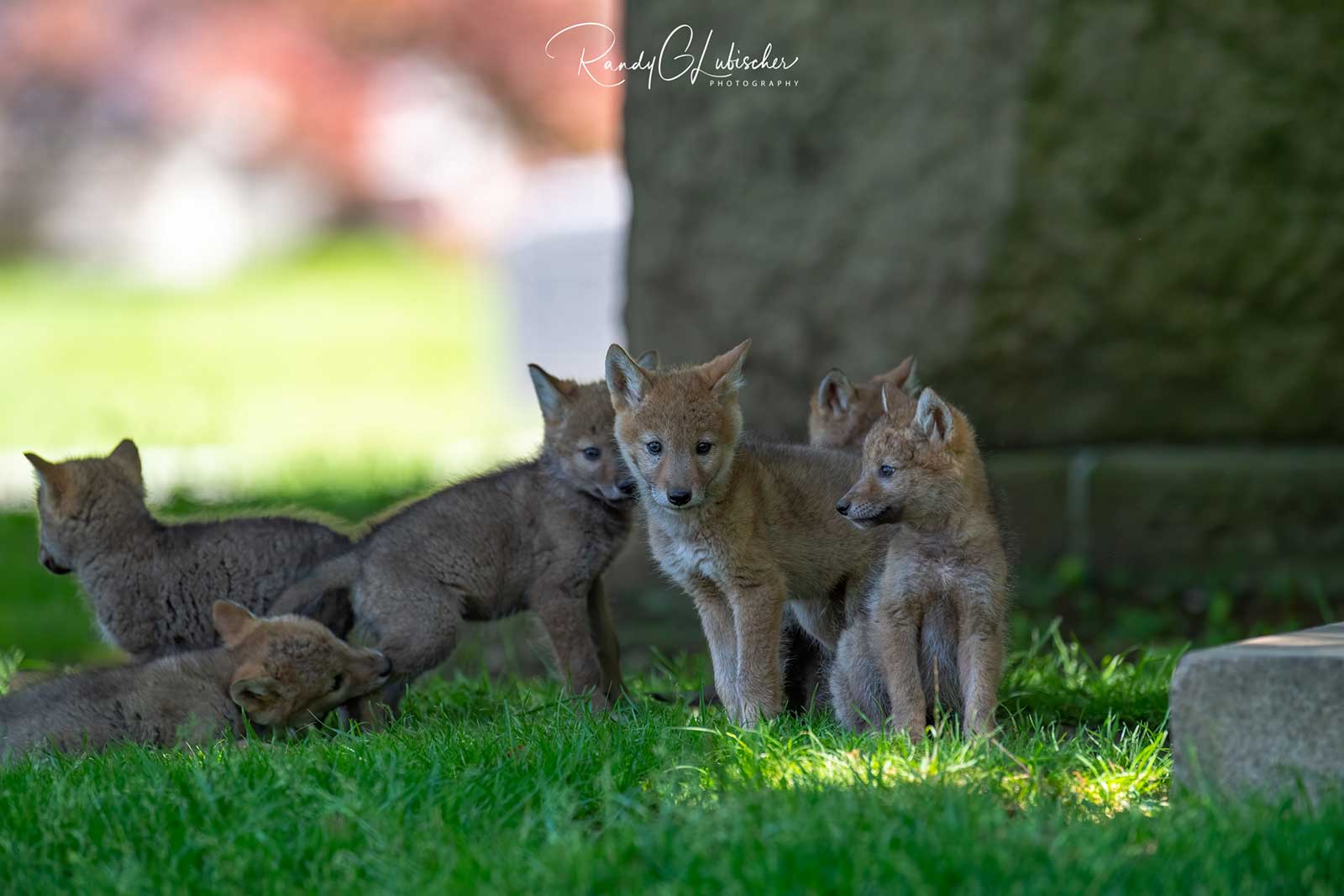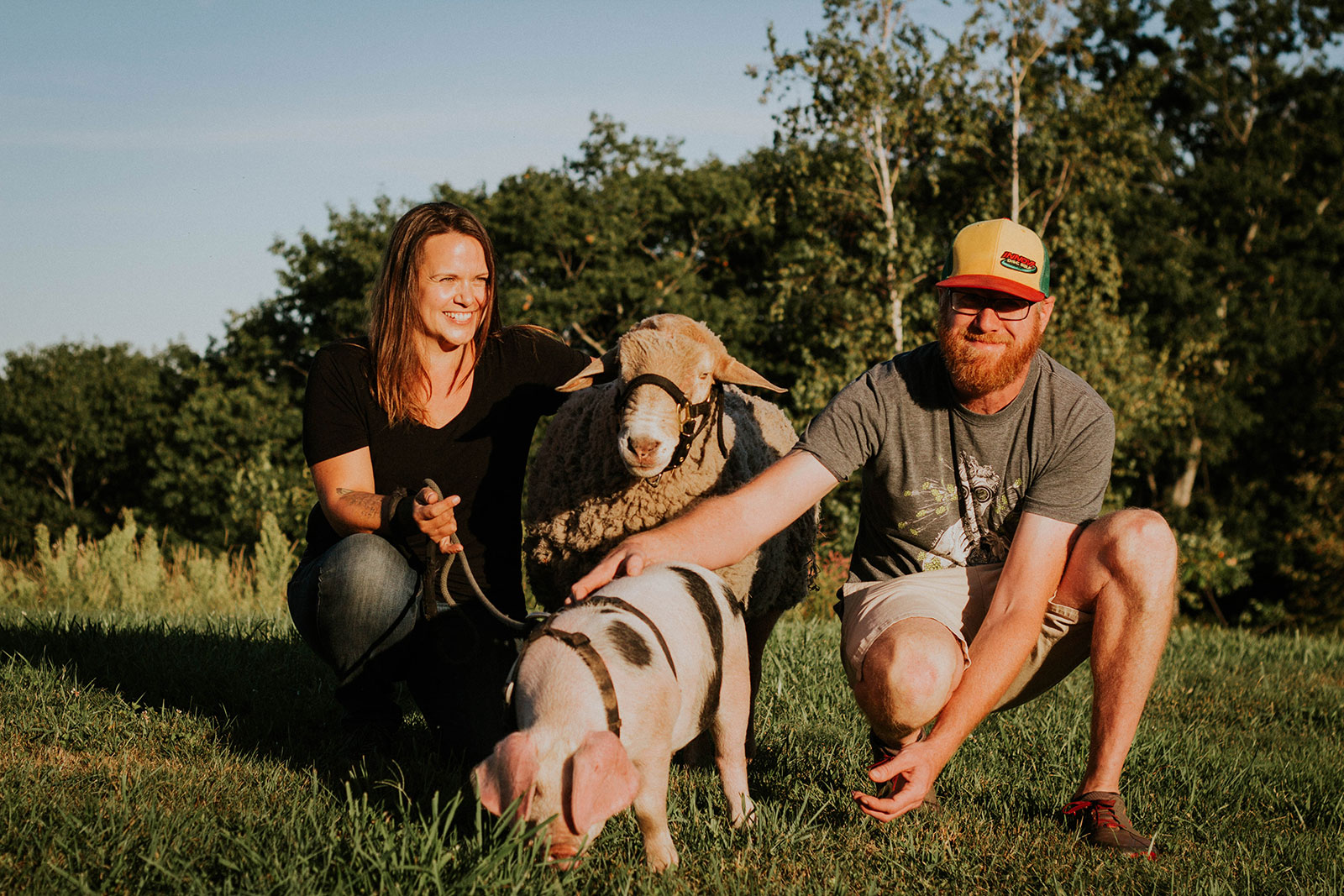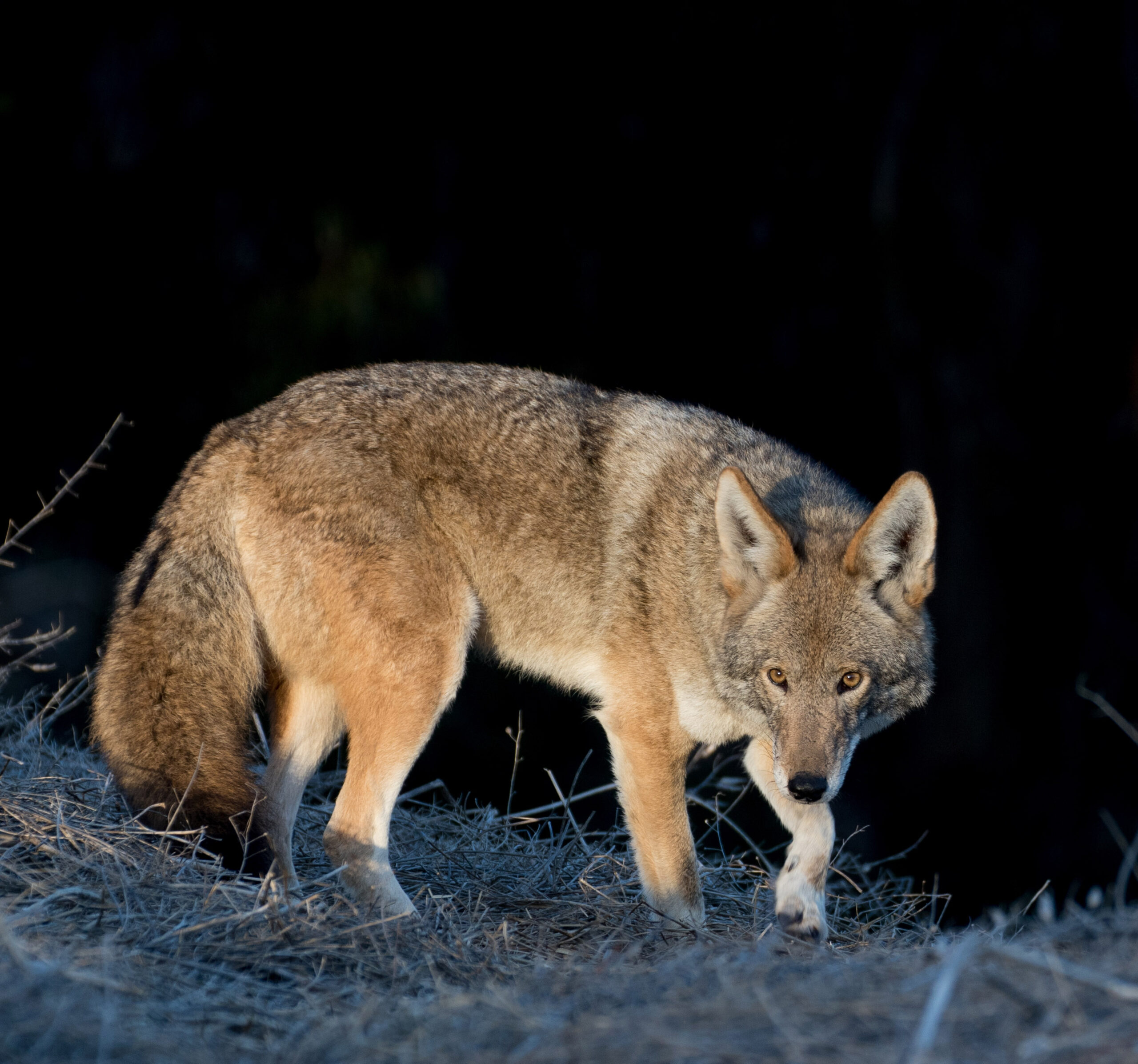
Coyote ~ Apex Carnivore
Photo by: Janet Kessler
I had the opportunity to read concerns and possible remedies that our Maine Farm Bureau wrote about on their website. If you read the following carefully, you will find that the colonial world view is still very much alive and well. So the answer to wildlife that pose a concern to your farm is to kill them. It is not that these farmers wish to do this BUT that they know NO other way.
Read here some of what they wrote ~
“Many farms throughout Maine have experienced significant crop loss due to wildlife.”
“Our Farm Bureau agreed that farmers needed additional tools for effective deer management above and beyond what was presently available.”
“We gathered input from the farmers last Summer. We heard clearly again that while farmers knew they could SHOOT animals at any time they are damaging their crops, they didn’t want to be dressing out deer and cutting up meat, as required by law, in the middle of the night when they had to be back up at 4 AM to tend their crops. They also felt there was merit in leaving the deer carcasses in the fields to be cleaned up by coyotes. They didn’t believe they should have to pay to hire others to remove deer or other troublesome animals.”
“Also, they didn’t believe issuance of doe permits were very effective at managing deer populations; and they were concerned that federal protections for Canada geese, which have become a major problem, would prohibit farmers from employing LETHAL CONTROL procedures.”
“We learned there are additional avenues under present law that we could presently avail ourselves of. For example, we could simply field dress deer and the game wardens will pick them up, and we could leave the entrails to attract coyotes. “
“It turns out that many beaver control restrictions have been relaxed in Maine, allowing farmers to SHOOT them in most instances if the Wildlife Agency is notified in advance. It also turns out also that the federal restrictions on shooting Canada geese have been relaxed, allowing farmers to SHOOT them except during periods of migration.”
The Ultimate Tools available to vegetable farmers is the Coyote, bobcat, fox, and their fellow Avian predators…hawks, eagles and owls.
Note the two comments regarding Coyotes…just letting Coyotes clean things up. So this important apex predator, who is able to control populations of deer, beaver and Canada Geese on your farm…is just viewed as the cleanup crew.
The Farming of the Future is about viewing your farm as an ecosystem, where all the members need to be present. It is not about killing. It is not about controlling. It is about letting the wisdom of how the Earth works happen. ALLOW THE CARNIVORES TO DO THEIR WORK!
